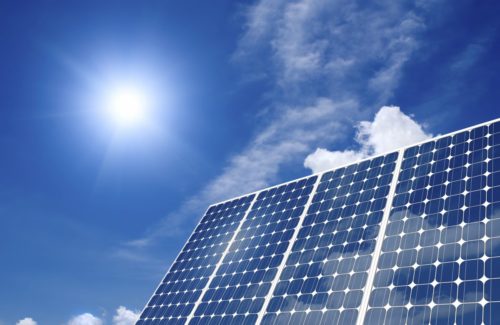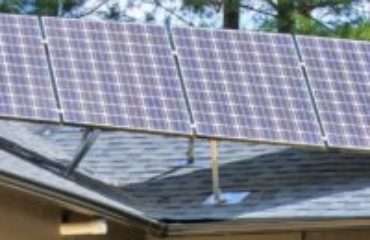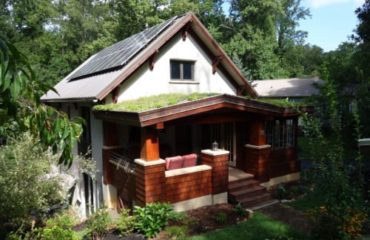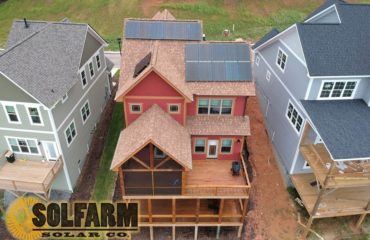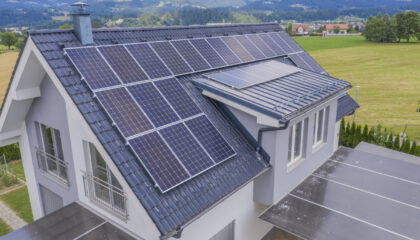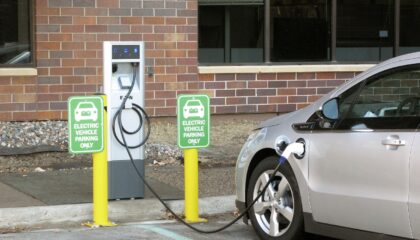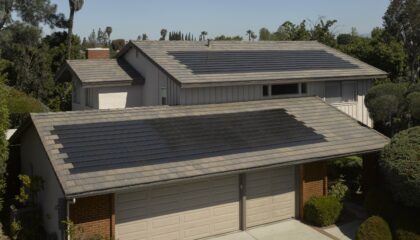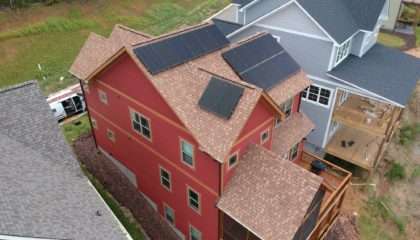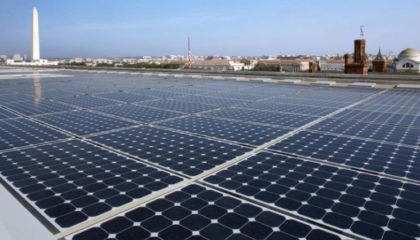Before any large investment, pros and cons must be weighed. Here’s what everyone should think about when considering solar panels.
The Sun Shines Everywhere
In South and North Carolina, there is no shortage of sunshine to collect. Unlike locations closer to the poles like Alaska, there is always sun out for a meaningful amount of time which means panels can produce energy during any season.
But It Shines Better In Some Places Than Others
Shade can be problematic, so trees and tall buildings can be an issue. SolFarm’s very own Mike Diethelm is a licensed arborist who can check out any problematic trees. Trees causing shade may be cut down, so if one of them has sentimental value, it may be an issue. Trees are a carbon sink and do their own work in decreasing carbon in the atmosphere, but sometimes there needs to be a give a take for the better environmental good.
Solar energy production does decrease in the fall and winter (here are a few tips to make sure the panels are as productive as possible), and when it is nighttime or cloudy, energy production is low or nonexistent.
Energy Independence
With solar panels, a resident or business is not reliant on power plants for energy. In the case of a power outage, there are systems that can produce energy without being connected to the greater grid like a Floridian who kept the lights on after Irma. Solar panels will also lessen or eliminate power bills depending on the size of the array.
Never Completely Off the Hook
Residence are required to be connected to the grid. During less productive months, solar panels will probably not produce enough for a household or business. Solar’s peak production hours are during the workday which is great news for a business, but maybe not for a resident. When people come home in the evening, solar panels are not as productive, and as people turn on lights when night falls, panels are not productive at all.
Net Metering
Even if solar panels are not active when a household uses energy, that excess energy is put on the grid, and the monetary equivalent of that generation is deducted from the power bill. Solar panels can save a household or business money even if it does not use the produced energy.
Lessen That Carbon Footprint
While utilities are adopting large-scale renewable production methods, the majority of municipal power in the Carolinas is created by the incineration of fossil fuels. Having solar panels taking the brunt of a household’s or business’ energy production will decrease the amount of carbon it produces.
Precious Metals
Solar panels are made out of limited resources with their own pollution and humanitarian issues.
High Initial Cost
Solar panels are expensive. Installing an array will most likely cost thousands of dollars.
Incentives
There are federal and, depending on the state, state tax credits for solar panels. In a matter of years, taking the money saved with net metering into account as well, the initial cost of the panels can be made back plus some.

